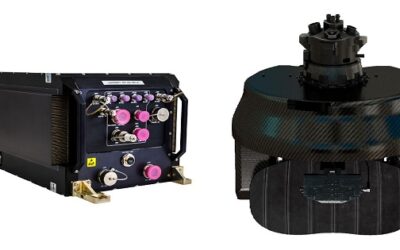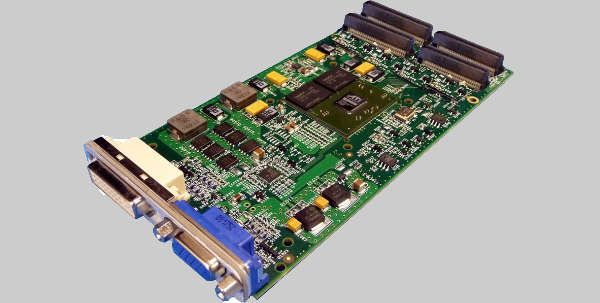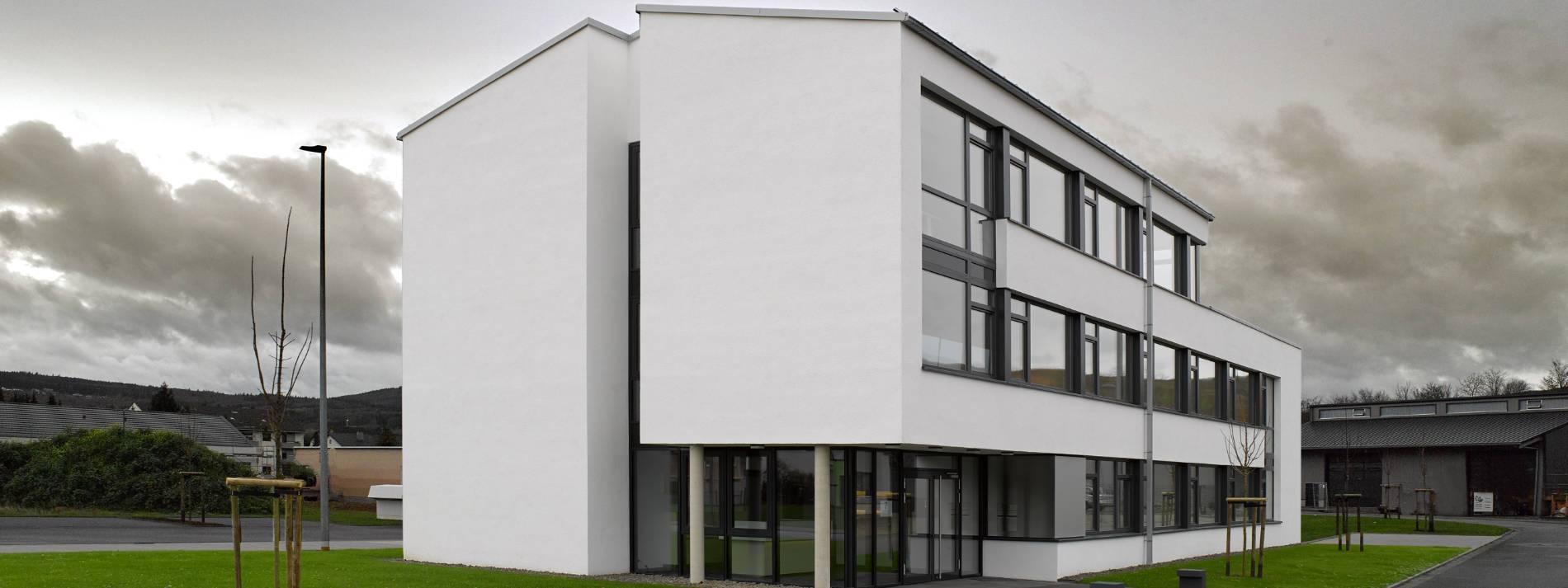Company to Develop Data-Driven Algorithms to Decipher Signals
BAE Systems has been contracted by the US Defense Advanced Research Projects Agency (DARPA), to develop new, data-driven machine learning algorithms to help decipher the ever-growing number of RF signals, providing military and commercial users alike with greater situational awareness of a given operating environment. The contract, part of the Radio Frequency Machine Learning System (RFMLS) programme, is valued at $9.2 million, according to the company.
Modern data-driven machine learning research has enabled revolutionary advances in image and speech recognition, as well as in autonomous vehicles. At a time when adversaries have built capabilities to disrupt the RF spectrum, it has become critical to explore how machine learning can be applied to traditional RF signal processing. Through the explosive growth of RF devices and the Internet of Things, the number of connected devices (such as phones, sensors, and drones) makes it even more important to be able to identify signals intended to hack, spoof, or disrupt RF spectrum usage.
“The inability to uniquely identify signals in an environment creates operational risk due to the lack of situational awareness, inability to target threats, and vulnerability of communications to malicious attack,” observed Product Line Director, Sensor Processing and Exploitation at BAE Systems, Dr. John Hogan. “Our goal for the RFMLS programme is to create algorithms that will enable a whole new level of understanding of the RF spectrum so users can identify and react to any signals that could be putting them in harm’s way.”
Under this Phase 1 contract, company scientists intend to create machine learning algorithms, using cognitive approaches, that will feature learning techniques to differentiate signals. In addition, researchers aim to create algorithms that can learn to differentiate important versus unimportant signals in real-time scenarios through a deep learning approach.
The technology being developed for the RFMLS programme is part of the machine learning and artificial intelligence research focus area within BAE Systems’ autonomy technology portfolio, and adds to previous work in this area, including the DARPA Communications Under Extreme RF Spectrum Conditions (CommEX) and Adaptive Radar Countermeasures (ARC) programmes. The company has also advanced to the second round of another major DARPA effort to bring machine learning and artificial intelligence to the RF domain, called the Spectrum Collaboration Challenge (SC2). Work for the RFMLS programme is being done by the research and development team at BAE Systems’ facilities in Burlington, MA, and Durham, NC.

























